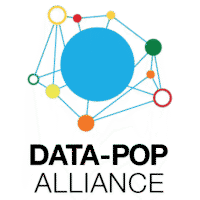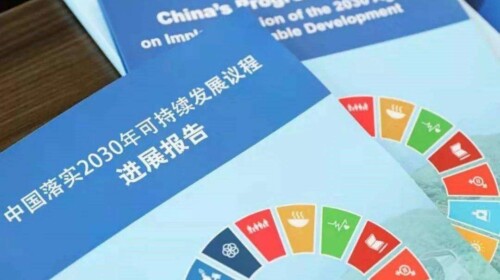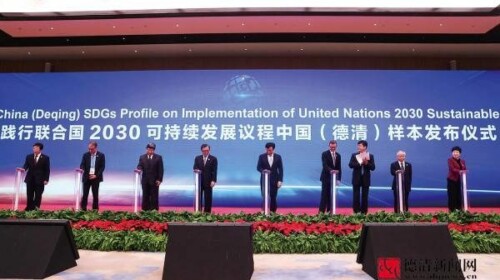Subject Matter
We offer a thematic focus, which allows the audience to centre on specific issues of sustainable development directly related to their work, such as Inequalities and Discriminations, Migration and Displacement, Violence and Crime, Sustainable Futures, Human AI and Society, and Sustainable Development as a general topic. A technical component can be included according to the necessities of your team.
Format
We provide on-site training of 12 to 18 teaching hours distributed between 2 and 3 days. These are delivered by a team of three training specialists and, depending on the organizational necessities, many other invited experts.
Syllabus
- Crumbs: understand the different types of data passively emitted and/or collected by digital devices, and the unique insights they contain about individuals’ behaviors and beliefs;
- Capacities: introduce the set of tools and methods, hardware and software, know-how and skills, also referred to as Big Data Analytics, necessary to process and analyze these new kinds of data—including visualization techniques, statistical machine-learning, and algorithms, etc;
- Culture and Communities: understand the new “political economy” emerging with Big Data, including key stakeholders in the ecosystem (i.e. private sector), core issues related to data protection, privacy and ethics and challenges related to data access and governance.
Becoming familiar with concepts, tools, sources and the larger ecosystem around Big Data will equip participants with a new perspective on developmental challenges and then advocate for employing Big Data techniques to solve them.
B. Project Lab
To complement the introductory part of the workshop, we offer a Project Lab on Big Data for Sustainable Development. This activity, of a participatory and collaborative nature, has the objective of giving participants the opportunity to ‘mock’ structure a development project focused on data. From structuring the main project questions, the goals and the sources of information to be used, to discussing the methods and tools needed to carry out the research or development of said project, the Project Lab ends with an in-depth discussion on the challenges of data projects, including considerations of great relevance such as ethics, representativeness and data protection.
Target Audience
Designed for professionals who work in varied topics related to sustainable development, this introductory workshop is targeted towards participants who have very little, or no experience with Big Data in their work.
Learning Objectives
At the end of the course, you will be able to:
Context & Concepts
1. Decode key terms and buzzwords in the Big Data and development landscape
2. Discuss Big Data within the broader political context of the post-2015 sustainable development framework and data for social good
3. Translate development problems into specific data objectives
Methods & Tools
4. Understand existing methods and tools used to leverage Big Data
5. Assess data representativeness, biases, and insights within Big Data-driven approaches and methods
6. Identify applicable tools by assessing the value add of Big Data for specific development problems
Design & Strategy
7. Identify individual and organizational objectives towards a Big Data strategy
8. Understand how to operationalize Big Data as projects, partnerships, and policies
9. Recognize individual and organizational next steps towards Big Data applications
Ethics & Engagement
10. Identify models for prioritizing inclusivity, transparency and accountability in data public-private-people partnerships
11. Articulate and assess ethical, privacy, and legal implications of Big Data applications
12. Understand key principles for effective data communication and storytelling







